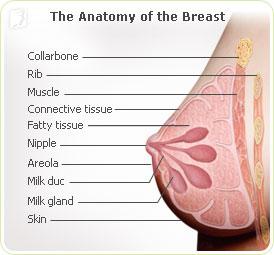How to Become a Home Health Nurse
After learning the facts about how to become a home health nurse you will be better prepared to make a decision as to whether this career is right for you. A home health nurse works in the home with various patients, providing a wide array of treatments and support. The patients might be elderly, disabled, suffering from terminal illnesses, recovering from bad accidents, new mothers or any number of various other situations and categories. You need to be emotionally supportive, flexible and highly competent to enter this specialized area of nursing.The first step to becoming a home health nurse is getting the education. Home health care nurses typically go through accredited nursing schools to get their degrees. Some home health care nurses are LVNs, or Licensed Vocational Nurses, but the things these nurses can do and the salaries they earn are somewhat limited. If you want more responsibility and higher wages, it is best to get a Bachelor of Science in Nursing to become a registered nurse. There are also specialized professional certificates such as Geriatric Care and Life Care Planning that better equip nurses for the challenges of this job.
In addition to schooling, all nurses must have supervised clinical experience before they can become registered to work in their field. A nurse who wants to go into home health care will want to get as much experience in this type of nursing as possible before making it a specialization. Continuing education is also crucial in this career. Staying abreast with the latest developments enhances patient care in any setting, but when nurses are working out of people’s homes it is particularly important that they have as much of the latest knowledge as possible.
The good news is that home health nurses are highly in demand and earning decent salaries. The current nursing shortage of approximately 10 percent makes it clear just how badly we need more nurses in this country. The average salary for home health nurses is around $50,000, and there is plenty of room for advancement, especially with more specialized training, certifications and plenty of experience in the field.
About the Author
Find the perfect Nursing School or Nursing College today and start your path to a rewarding career. Visit http://nursingschoolsu.com

















